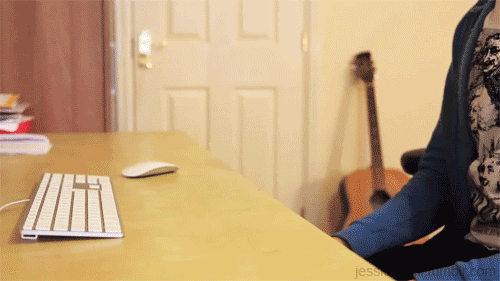Lots of writers talk about their inner critic. For most of us, it's that loud, cranky voice the comes in objecting to every word of the current manuscript we happen to be working on. In my case, it's the annoying harbinger of doom that comes around whenever I'm editing. And kicks my butt the entire time.
The good news is, I have completed the first markups of my rough draft for Terris. The bad news is, I haven't made any changes yet. Oh Lord.
But since I've put in multiple hours this weekend, I'm now giving myself a mini-break in the form of imparting my editing wisdom to all of you.
1) If you have a Kindle, USE it. (No, I did not get paid by Amazon for this promotion. Although, wouldn't that have been nice!) It's often way easier to read these things in book form and get an overall idea of where the plot is going rather than line-by-line in a word processor.
Yes, a lot of authors print out their work on paper and do it that way. Okay, that's good, but it might cost you a pretty penny if you're an indie author like me and your book is 130,000 words long, like mine is.
2) Why use paper and a red pen when you have Kindle Touch and highlights? OMG, highlights are the best!!! They're like a red pen, except you can add notes to them.
3) Which brings me to my next point... hey, guys, did you know about Kindle's word completion software for notes? It's awesome! Let me explain how it works.
You highlight a passage, and add a note and type in what you want. But Kindle's word completion software has a memory for your most used words.
So if I type in "rewrite" into kindle and select it when the word comes up, it remembers my choice for next time. Now all I have to do is type in "r" and rewrite pops up right away. So it's pretty much perfect for editing, as long as you remember what everything means.
rewrite, repetitive, more, huh, confusing, transition, new (for new line) I use these words all the time for my editing, and I do it only having to type in one letter before the word pops up. So great.
4) If you're not sure about how the words sound, then you need Free Natural Reader. As the title suggests, it's free. What it does is take text and read it out loud to you. If I'm not sure about a passage or I'm worried that I missed something in a conversation, I put it in natural reader and I can tell where the rough parts are.
So that's my technique for silencing the Inner Critic through hard work and toil. Next up comes beta reader feedback and then my next set of edits. (yay!) Finally looking like this book may get wrapped up.
Happy Reading!

